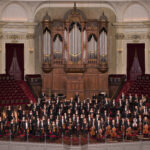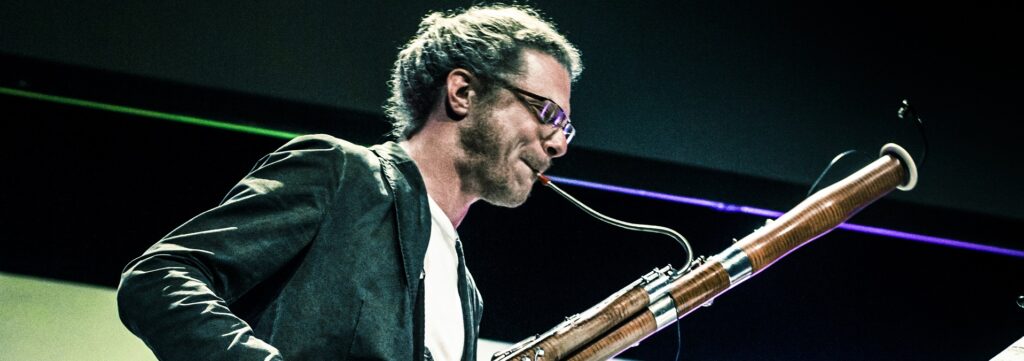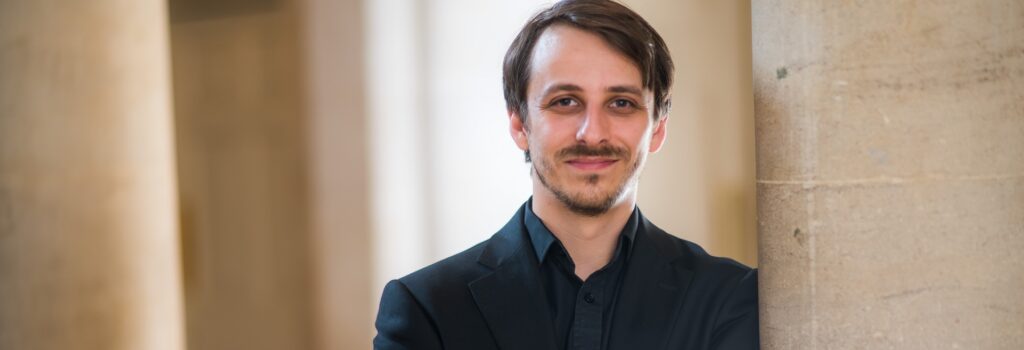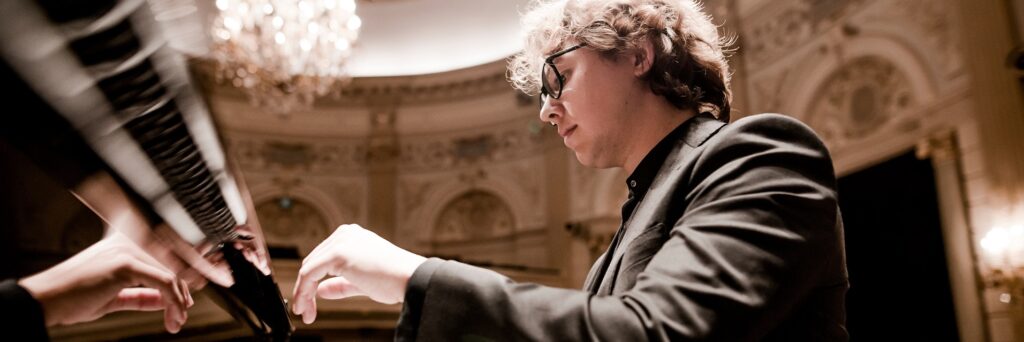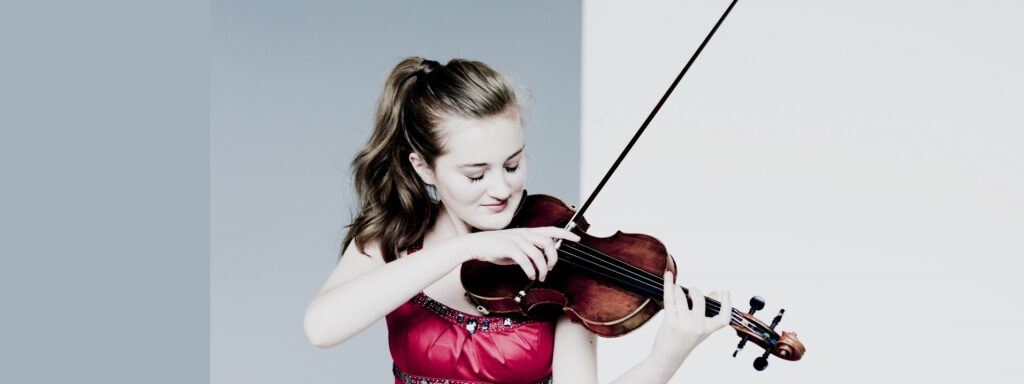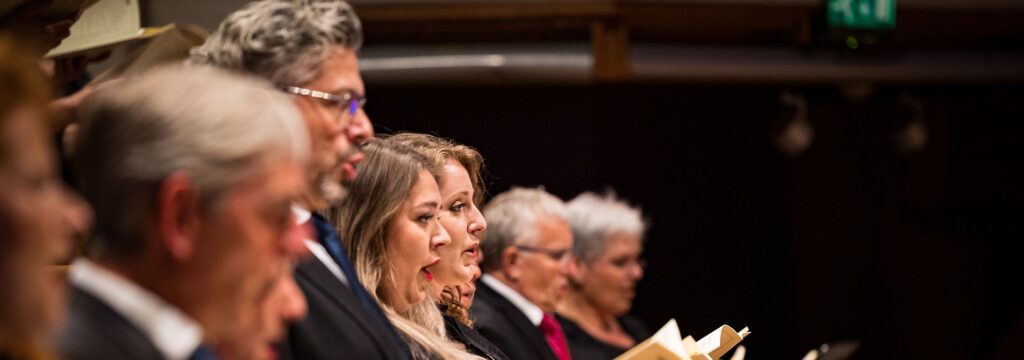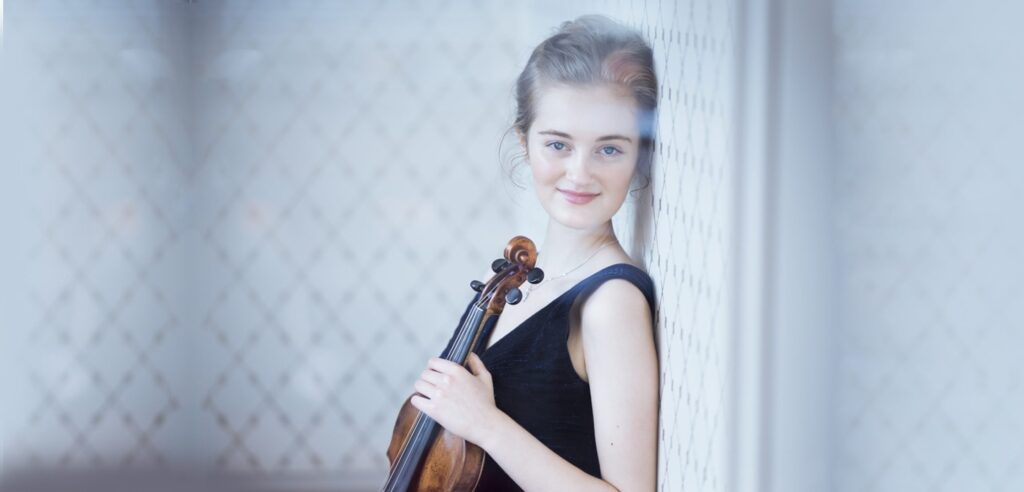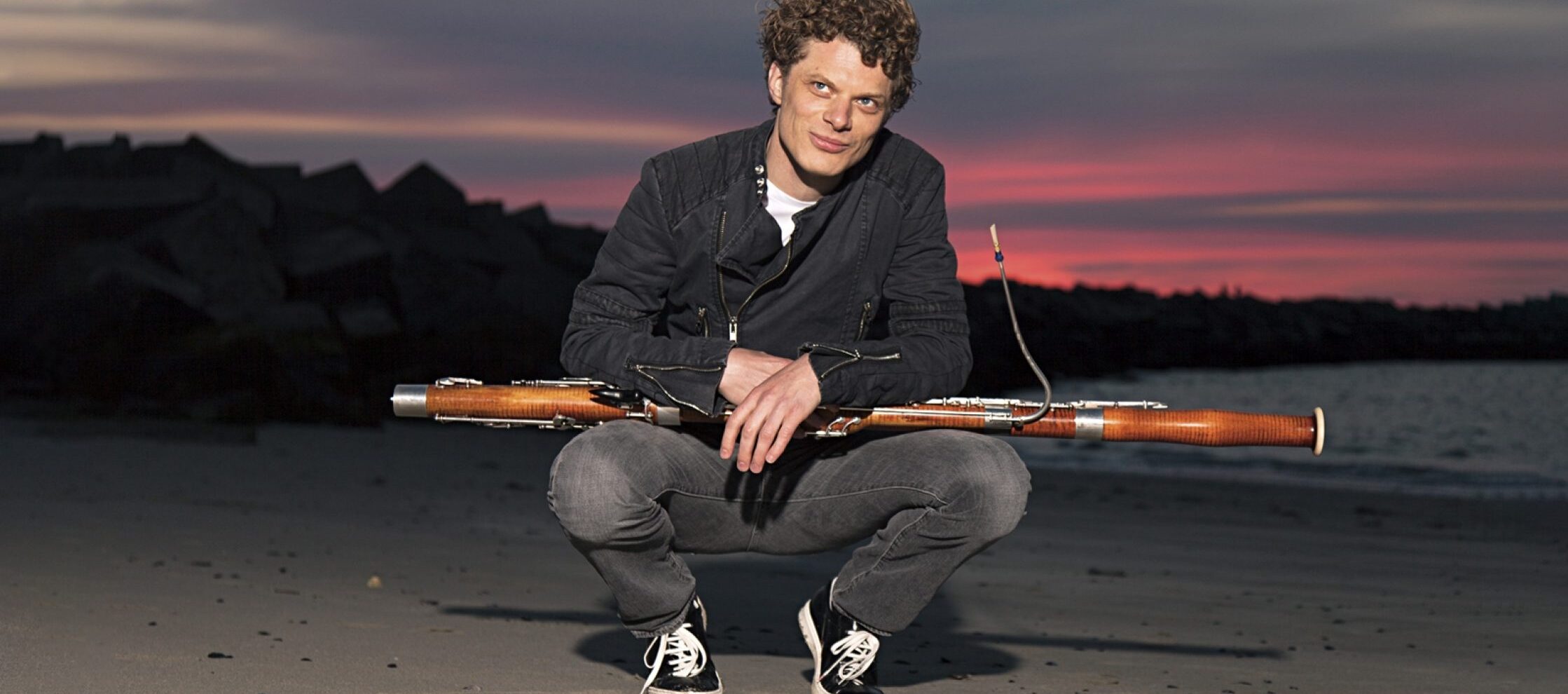

Dvořák's 7th symphony and Rossini's Bassoon Concerto
Programme
- Gioacchino Rossini Overture La scala di seta
- Gioacchino Rossini Concert for bassoon and orchestra
- Antonín Dvořák Seventh symphony
The Seventh Symphony is the counterpart to Dvořák's Eighth: more melancholy, less Czech and close to the music of Brahms. Bram van Sambeek makes his bassoon sing virtuosically in Rossini's Bassoon Concerto.
Dvořák's Symphony No. 7
The Seventh Symphony is the least Czech of all Dvořák's symphonies. It is the counterpart to Dvořák's Eighth. Whereas No. 8 is cheerful and sunny, No. 7 is close to the music of Brahms with its somewhat darker melancholy. The influential musicologist Donald Tovey felt that the piece, "along with Brahms' four symphonies and Schubert's Ninth, should be considered among the greatest and purest examples of the art form since Beethoven.
Van Sambeek solos in Rossini
Bram van Sambeek is the favorite bassoon player in the Netherlands, as was already evident when he was awarded the Dutch Music Prize in 2009, the highest award a musician can receive in the Netherlands. Since then, he has only continued to grow musically. He took leave of his orchestral job with the Rotterdam Philharmonic Orchestra and decided to devote himself entirely to chamber music and solo playing. That we know Rossini primarily as an opera composer is also evident in his Bassoon Concerto: Bram van Sambeek makes his bassoon sing virtuosically.
